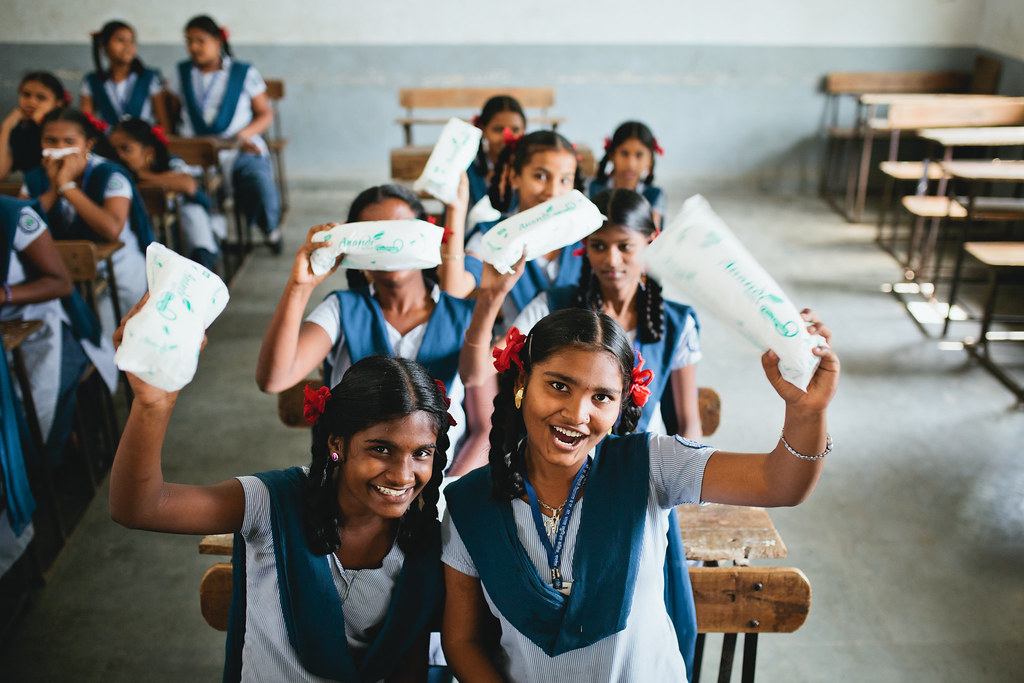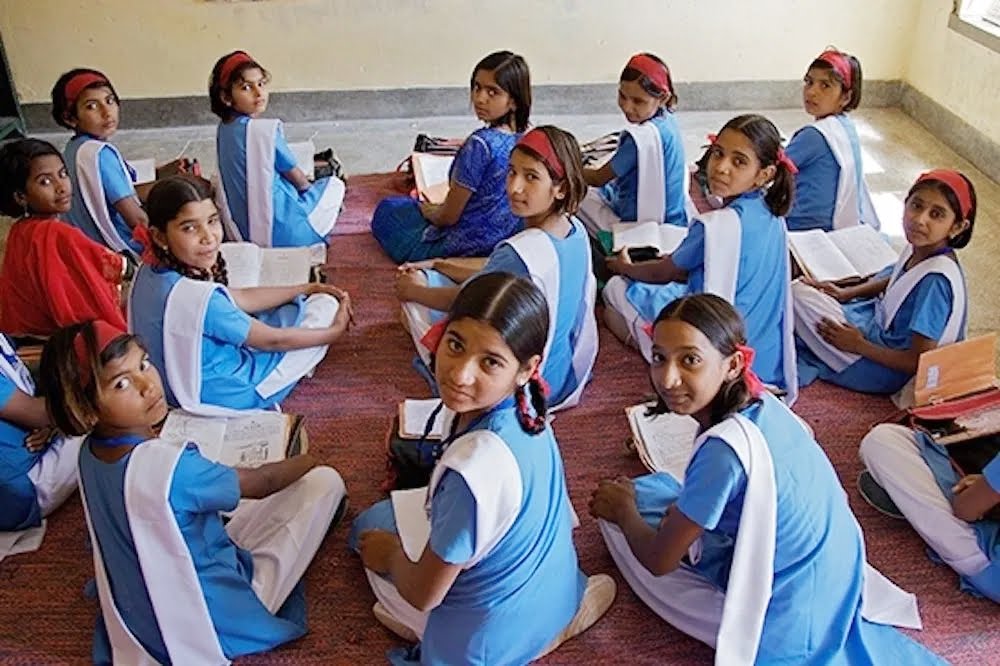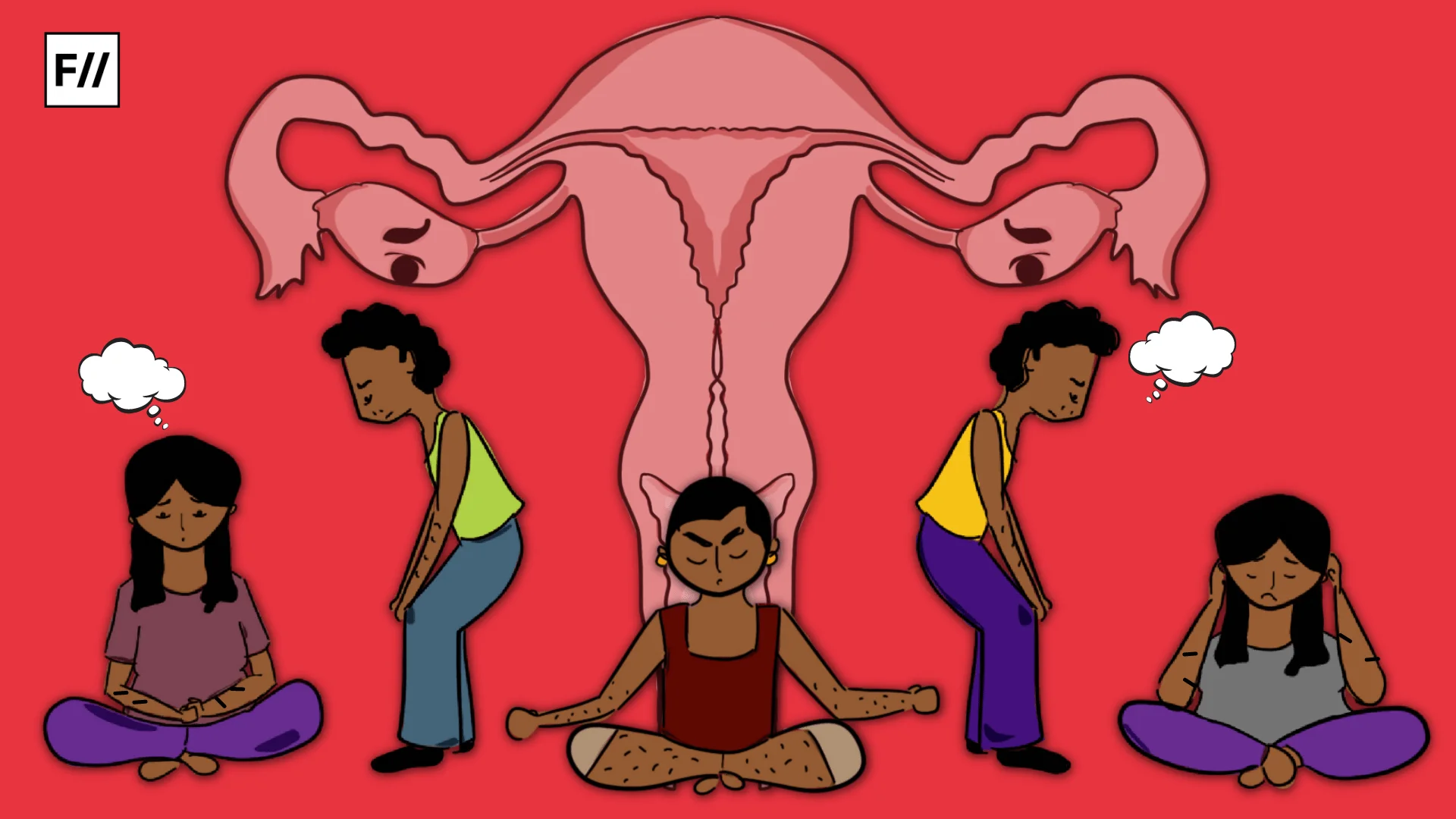Do people who menstruate have an option of making an informed choice about using a PERIOD product? Are the choices given to them inclusive and intersectional? The simple answer is “NO”.
As a menstrual health educator, I have witnessed numerous awareness sessions conducted by health professionals and educators in schools and communities addressing girls as young as ten years of age. More often than not, these sessions generally aim at educating girls on the biology of menstruation, breaking common myths around periods, iron-rich nutrition and lastly, how to maintain hygiene.
Also read: Absence Of Menstrual Hygiene Management In NEP 2020
However, what many menstrual health educators miss out on is introducing several options available for menstrual hygiene. In fact, I have witnessed many times menstrual health educators promoting commercial sanitary napkins as the only option for those who menstruate. In this process, they completely disregard, the more sustainable option of homemade cloth pads, and its mostly on the assumption that menstruators belonging to lower income groups will not be able to maintain cloth pads hygienically.
I have witnessed many times menstrual health educators promoting commercial sanitary napkins as the only option for those who menstruate. In this process, they completely disregard, the more sustainable option of homemade cloth pads, and its mostly on the assumption that menstruators belonging to lower income groups will not be able to maintain cloth pads hygienically.
Many girls whom interviewed before our menstrual health management (MHM) sessions, in urban and rural settlements, had no knowledge of other products for managing periods apart from commercial pads. Most of them were averse to using a cloth pad and had never heard of tampons or period panties. Only a few in urban areas had heard about menstrual cups, but were hesitant to begin using it or just did not know how to go about it.

Many people who menstruate continue to use a single product even if it’s intolerable, gives rashes or are itchy, because of the lack of exposure to alternatives available. Not to forget that the concern of environmental impact of period products, most of which are non reusable and made of plastic and which pile up in landfills or sewers. So how does one make an informed choice? Since everything about our “that time of month” is so hush-hush, we tend to ignore such vital issues which further instills negative attitude about our own bodies and periods.
Until recently, I, despite being a menstrual health educator myself, dreaded having periods, because of how every time I would use a sanitary napkin, it would give me unbearable rashes, but I continued to use them, as that was the first thing introduced to me by my mother, and it stuck with me for years. After years of suffering, I finally made the switch to a homemade soft cotton cloth pad two years back when the rashes became severe. Turns out, even that didn’t suit me as my labia had become too sensitive to any kind of pads. I came to a point when I started missing work and stayed home on period days because the constant discomfort caused by pads exhausted me and for once, I just wanted to bleed free. I bought tampons after a friend suggested me to and did not really try reading all the side effects related to it. So my search for the perfect period product continued until I finally bought a menstrual cup.
The menstrual cup worked like a dream for me, and I have never looked back since then. Now, I acknowledge I was privileged enough to discuss and try and search for a suitable menstrual product. Which is why, as a menstrual health educator, I often think about menstruators in communities where such openness is not taken in good spirit.
I really feel that if we as menstrual health educators could go the extra mile to explain all pros and cons of several products available in the market, then people who start their periods can try various options and then choose considering comfort, budget, convenience, and any other variables that matter to them to find what works best.
Times are changing and new choices of menstrual hygiene products are here, which are environment friendly, organic, budget friendly, disposable, reusable, can be worn while having sex and some companies are even going a step further in taking a more inclusive approach in the design and marketing of their menstrual products, like for people with disabilities or for people like trans men or non-binary or intersex people who bleed but do not identify as females and have pretty unpleasant feelings of dysphoria and general discomfort.
The menstrual health educators must ensure that they incorporate inclusivity, intersectionality and experiences of the most disadvantaged sections of the society into their work.
Also read: How Did The Indian Media Cover Menstruation During The Pandemic?
The work of menstrual health educators and society in general around menstruation has to also incorporate inclusivity, intersectionality and experiences of the most disadvantaged sections of the society. Our period positive education has to broadly encompass the real problems that some sections of the society are facing, like lack of toilets, water, not having the basic means and money to afford sanitary pads, etc.
Unless we use principles of empathy and a genuine desire to improve all kinds of people’s experiences of menstruation, menstrual health educators will really struggle to uproot the negativity surrounding periods.
Ambreen is a seasoned CSR and Social Work professional with 17 years of work experience in diverse areas of mental health, disability, children with special needs, reproductive health, integrated community-based rehabilitation, early child care development, nutrition, and preventive healthcare. She is a trained Menstrual Health educator and Social-Emotional Ethical learning facilitator. She has always strongly felt that gender inequities are a major impediment to development of women. Uboontu Foundation is an endeavour to address these deep-rooted biases and empower women and girls through education, awareness and skill development. She can be found on Instagram.
Featured Image Source: Theirworld




